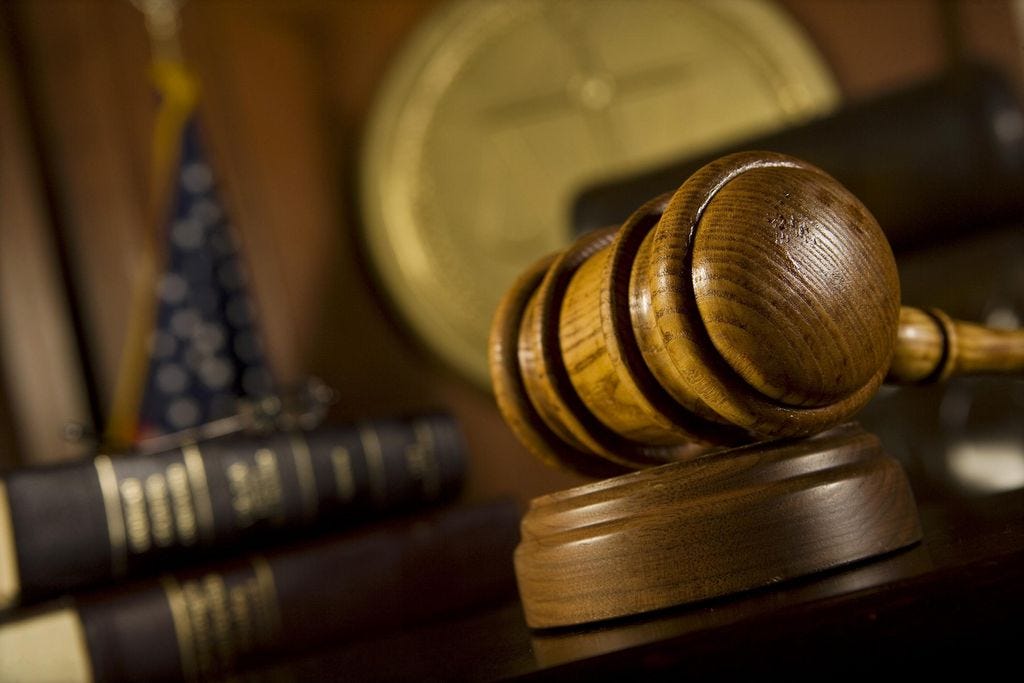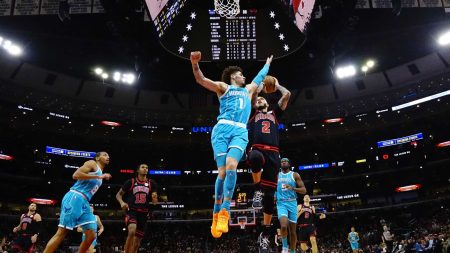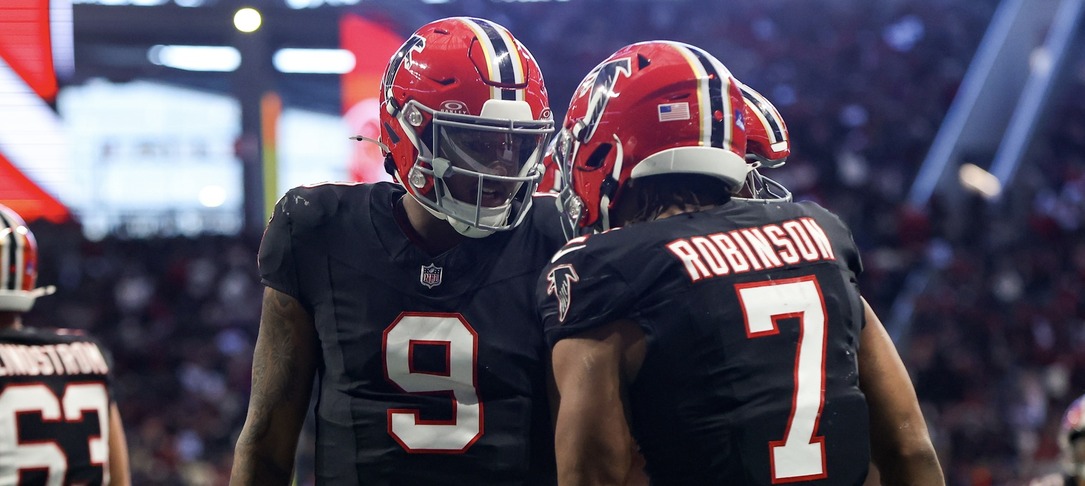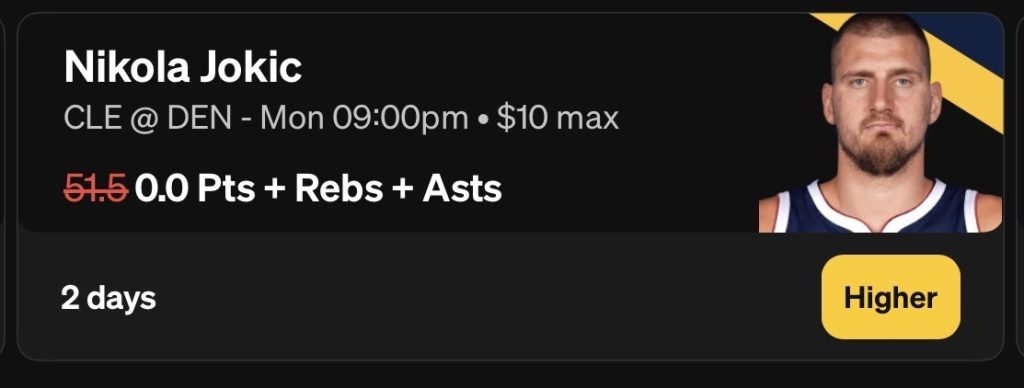Legal gambling is widely available in the U.S., from casinos to mobile sports betting. At the same time, illegal gambling options are still readily available. And despite a lot of (justified) handwringing, that is unlikely to change.
The American Gaming Association is leading the charge, recently asking the Department of Justice to crack down on illegal gambling. In a letter to Attorney General Merrick Garland, the AGA described the black market as “pervasive, taking advantage of communities and harming consumers by paying zero taxes and offering no consumer protections.”
The good news is the AGA isn’t on an island. The group has assembled many allies in this fight, including the 28 members of Congress who signed a separate joint letter to the DOJ, urging action on “illegal, offshore sportsbooks.”
The bad news is an action resulting in significant degradation of the offshore industry is highly unlikely.
Shutting Down Illegal Gambling Is Hard
Law enforcement struggles to make a dent in illegal gambling.
Even when it’s illegal machines, bookies, or internet cafes on U.S. soil, victories are few and far between. They are also expensive, and after a successful prosecution, another black-market operator is always ready to step up to the plate.
When illegal gambling is headquartered offshore, the DOJ has had little success combatting illegal gambling, and there are not one or two but a dozen new players ready to fill the void.
Its greatest success was shutting down the major US-facing online poker sites on April 15, 2011, a day known in the poker community as Black Friday. However, Black Friday comes with an “Al Capone” caveat; the DOJ was able to make its case against the founders and key personnel of the sites based on bank fraud and money laundering charges. Without the assistance of a former payment processor (Daniel Tzvetkoff), there is likely no Black Friday.
Sports Betting Prosecutions
Sports betting has been an even tougher nut to crack. Most illegal sports betting convictions are against current US residents, not the big offshore sites. And not for lack of trying.
Bodog founder Calvin Ayre was indicted in 2012 and became a perennial member of ICE’s 10 Most Wanted fugitives list. He has escaped punishment for decades by avoiding the US, despite his not-so-private lifestyle being broadcast all over social media.
One of the few times the DOJ ‘got its man’ was Jay Cohen, the CEO of World Sports Exchange, an Antigua-based online sportsbook. Charged in 1998, Cohen was convicted in 2000 for violating the Wire Act.
Another victory was BetOnSports CEO, David Carruthers. The DOJ notched a win because Carruthers had a layover flight in Dallas from the UK to Costa Rica. In 2010, BetOnSports founder Gary Kaplan received a 51-month sentence after CEO David Carruthers pleaded guilty and testified against other defendants. And as was the case with Black Friday, the charges against BetOnSports were primarily financial.
Essentially, avoiding the US makes it difficult for the DOJ to prosecute.
The reason is that many countries are friendly to the online gambling industry. Also, international trade law has backed up the assertion that these companies operate legally if licensed in their home country, even if they take bets from people in countries where online gambling is illegal.
Despite the precedent set in United States vs. Cohen, in 2003, Antigua filed a complaint with the World Trade Organization calling the US’s online gambling policy discriminatory and in violation of “GATS [General Agreement on Trade in Services] commitment to free trade in recreational services.” The WTO ruled against the US. The US has yet to make good on the settlement.
Supply And Demand
Even in markets with legal online gambling options, the illegal bookies and the offshore sports betting industry fills a void. Their unlicensed and untaxed (in the US) status provides built-in competitive advantages. This allows them to offer better lines and promotions.
Further, they don’t have to abide by the strict regulatory processes in legal US markets that include:
- Prohibitions on specific betting markets.
- Advertisement restrictions and/or requirements.
- Intrusive player verification checks.
- A ban on extending credit to players.
- A level of anonymity for bettors, as they won’t receive unwanted advertisements, email confirmations, or obvious financial transactions from gambling.
- Winnings aren’t reported to the IRS.
Faced with the above obstacles, the legal US markets have done a good job migrating black-market customers to licensed operators. Polling has indicated customers prefer legal sites, as safe and secure funds and independent oversight put a lot of minds at ease. But it’s nowhere near the ultimate goal of eradicating the black market. Unless legal markets meet most of these consumer demands, the black market will continue to exist and thrive in some locales.
The legal market can’t do anything about untaxed winnings and age checks that require clicking a box. Therefore a percentage of bettors will never use a legal sports betting site. The legal markets can make their offerings as appealing as possible. But that will require much effort from lawmakers, regulators, and operators.
To put it mildly, legal markets haven’t done enough to raise the bar. The promises of legalization haven’t been fully lived up to, nor have legal operators won over the professional sports betting community.
What Lawmakers, Regulators, And Operators Can Do
Lawmakers need to do better. They need to accept that they are new to the topic and are pretending to be experts that know what is best. When in reality they are really just crafting laws with little understanding of the consequences. Feel-good regulations and financial goals have made it impossible for some states to compete with black market operators for customers looking for the best deal.
In the same vein, Operators need to do better too. Disparate interests looking to gain an advantage in a market have dispatched lobbyists to statehouses. This results in a lot of subpar legislation. Operators would also be wise to outdo offshore sites in areas where built-in advantages don’t exist, like customer service.
Regulators also need to do better. They need to tell lawmakers and operators to sit down and shut up when pressured to meet arbitrary deadlines or told they are moving too slowly. Regulators should also force operators to differentiate their sites from unlicensed sites. They could do this with prominently placed official seals, transparent promotions, and immediate withdrawals.






